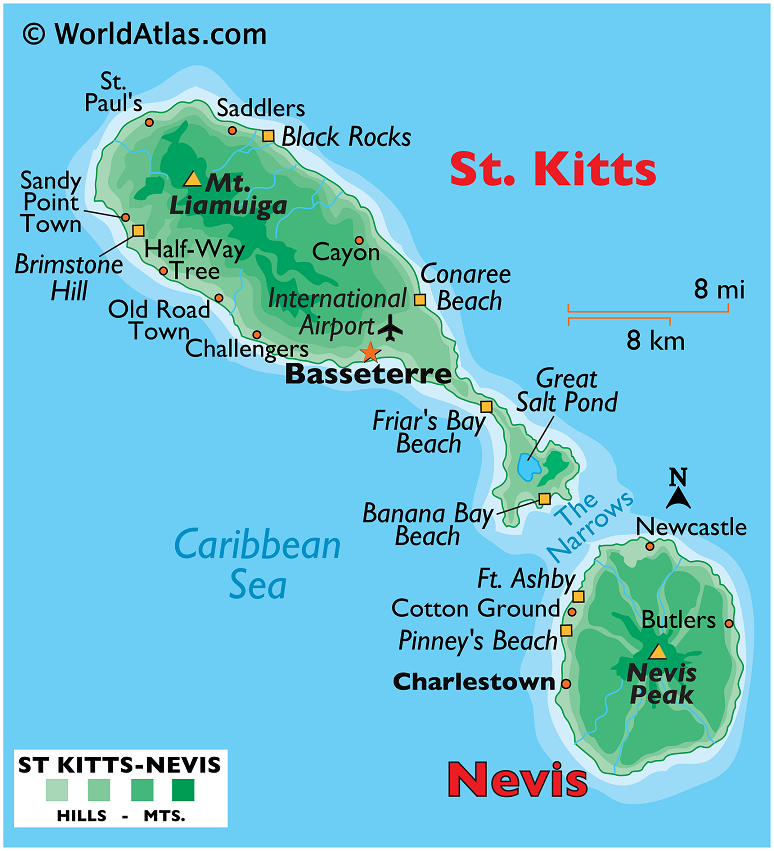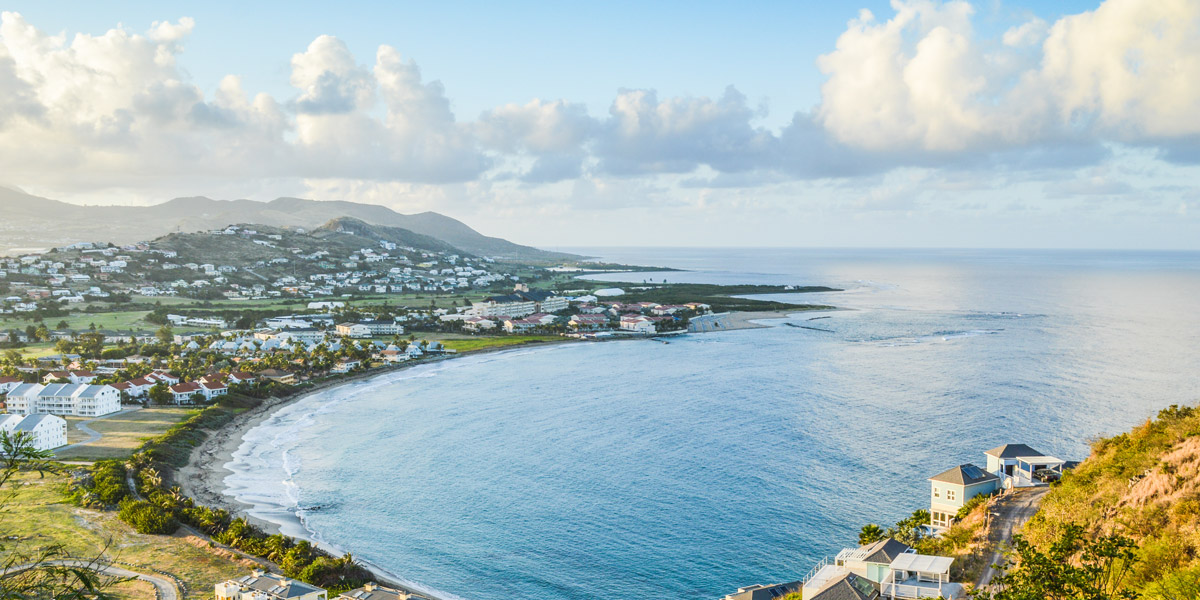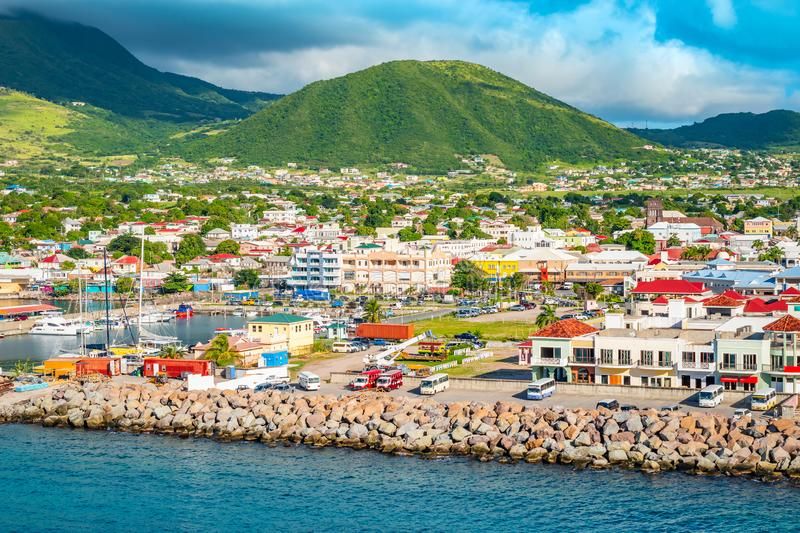
How To Purchase Caribbean Real Estate In St. Kitts & Nevis
We are always striving to bring value to Ushombi and save investors time when it comes to purchasing Caribbean real estate. One of those ways we are adding value and saving investors time is by partnering with real estate law firms.

This is a short guide on how to purchase real estate, for the purpose of renting it out, in the most tax efficient way.

We have partnered with a real estate law firm in St. Kitts & Nevis that has provided this outline for you. Giselle Clarke-Theron is lawyer in St. Kitts & Nevis and offers a wide range of legal services and specialize in Financial Services, Real Estate, Citizenship by Investment, Corporate Services, Trademark Registration and Estate and Probate Services. Our focus is to deliver the best possible representation and service in a timely manner. We have partnered with The Law Office of Giselle Clarke-Theron!

Let’s take a look at how you purchase real estate in St. Kitts & Nevis in the most tax efficient way possible.

Purchase of Property in St. Kitts and Nevis
St. Kitts and Nevis is a twin island Federation situated in the Eastern Caribbean and is resplendent with beautiful beaches, tropical rainforests and historical sites. There is a wealth of real estate options to choose from, running the gamut from luxurious mountain villas to townhouses to quaint one bedroom cottages. It all depends on the taste of the buyer.
The purchase of property here is normally a three pronged process:
– The purchase and sale agreement
– The alien land holding license
– The transfer of the property
The purchase and sale agreement is a contract between the vendor and the purchaser which sets out the terms of the agreement such as the agreed upon price, the closing date and whatever contingencies may have been negotiated.
The alien land holding license is the permission which a foreigner must obtain in order to purchase property in the Federation. This has to be applied for and obtained before the actual purchase can be completed. Stamp duty is payable on the approved alien land holding license and this duty is 10% of the real estate cost. Alien land holding licenses are specific to the property and must be registered within three months of their issue.
The transfer of the property. Once the alien land holding license is obtained, the conveyance of the property can take place. This is the final step in the process and is where the vendor transfers the property to the purchaser in exchange for the purchase price. Stamp duty is also payable on the transfer and this is 10% of the value of the real estate. This is payable by the vendor. The purchaser pays a .2% duty which is called an assurance fund (akin to title insurance) and a registration fee of 3.00.
*While property can be purchased in the name of a company (as opposed to an individual), it has to be a local company. A foreigner cannot purchase property in the name of a company incorporated outside of the Federation.*
*Purchasing property in the name of a company does not attract lower stamp duties nor does it realistically provide a benefit upon re-sale.*
*A foreigner can purchase property in their own name or as a company. Both options are subject to paying the same amount of taxes.*
Real Estate can also be a vehicle for the obtaining of citizenship by investment. There must be a minimum investment of $400,000.00 in a pre-approved project. Under a new scheme (which has a limited life span), existing properties outside of pre-approved projects can also qualify for Citizenship by Investment.

That concludes our outline, if you have any questions about purchasing property in the Caribbean feel free to reach out to us at ushombi@gmail.com.
If you would like to get in touch with our real estate lawyer partner in St. Kitts & Nevis then click here.
